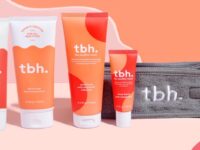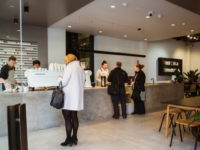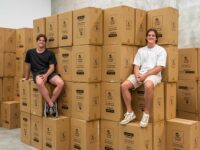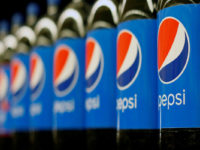
Paper and liquid don’t traditionally go well, but laundry detergent company Happi Earth has changed that.
Much more than a laundry business, this enterprise also tackles the huge problem of plastics polluting the ocean.
Who would have thought a simple kraft coffee paper pouch can be turned into something more than that and at the same time help save mangroves?
Inside FMCG talked to Happi Earth chief entrepreneur Alf Orpen on how he started the movement of supporting mangroves through a household cleaning product.
Inside FMCG: How did you conceptualise the happi.earth movement?
Happi.earth has been brewing for several years. While we have been producing products in the organic industry, we knew we needed to be better, much better.
Happi.earth is the result of pursuing several goals: to produce a product that no one else is making with all ingredients being grown organically; to create a price point that will create a happi.earth movement to enable us to plant a tree with every purchase yet still save money for the purchaser; to design packaging that will reduce the need for plastic significantly if not eliminate it totally; to produce a “green” product that at very least performs as good, if not better as one made from toxic synthetic chemicals?

Inside FMCG: Were you always interested in helping the environment?
Yes most certainly. I’ve been involved in the organic industry for over two decades now and we have always strive to imagine what’s next in regards to creating products that make a difference.
Inside FMCG: Take us through the process of creating your laundry products.
I did travel to get to the source of the major ingredients we use to the point of visiting villages that harvest them and to ensure our supply. Essentially we keep things simple with two major criteria; use ingredients that are grown organically that perform their task well and keep; and ensure that most anyone can be fully trained in the entire process within one working week.
Inside FMCG: Isn’t it costlier than the supermarket brands to sell and to produce?
Yes most certainly it’s costlier on both counts. That is simply the nature of the business we have chosen to be in. For better or worse (often worse), business people are the leaders of modern society. I believe this means that there is an inherent responsibility to create meaningful non-toxic products and services that can initiate the regeneration of our planet.
Inside FMCG: I love the packaging. Tell us how you thought of the design.
The initial question was what would be the most inexpensive way to produce the most environmentally friendly packaging. The inspiration came from a kraft paper coffee pouch with the question arising, how do we put a handle and a spout on such packaging.
Inside FMCG: Why did you choose Myanmar for the mangrove project?
Our underlying purpose at Happi is to help restore and replant vital ecosystems throughout the world. We don’t however have such expertise. Upon meeting Arne Fjortoft and his team at the Worldview International Foundation, I was convinced that due to their experiences, our funds would go a lot further in planting trees than most anywhere else. A mangrove forest is one of the world’s best carbon sinks and ultimately the entire world benefits from their restoration.
Inside FMCG: With the sustainability movement gaining momentum in recent years, how do you see it five years from now in the FMCG industry?
I think it’s self evident that the sustainability movement will only grow over the next five years in the FMCG industry as a growing number of people want to contribute to it through the purchases they make.
Inside FMCG: How do you convince consumers to switch from store bought FMCG goods to using sustainable products like happi.earth?
There is a subtle difference between convincing/selling to people and educating/giving an opportunity for people to make a difference through their purchases. We adhere to the latter.
Inside FMCG: Any plans to create other sustainable products or collaborate with major supermarkets like Coles, Woolies or ALDI?
Yes certainly, we have several. We simply want to focus on the Happi laundry liquid first.
No plans are on the table in regards to collaboration with FMCG retail chains. If however we were approached by any of those organisations, provided there were sufficient margins to continue planting trees and maintaining the highest level product quality, then naturally we would be open to collaborating.
















